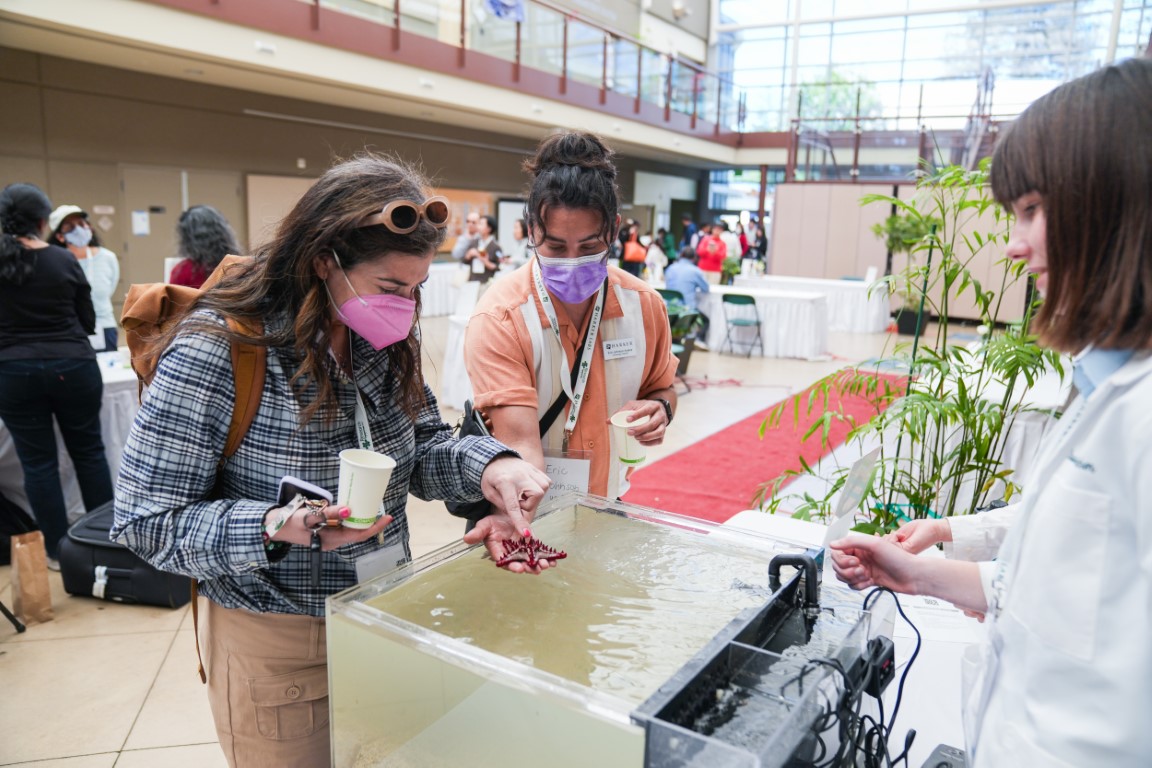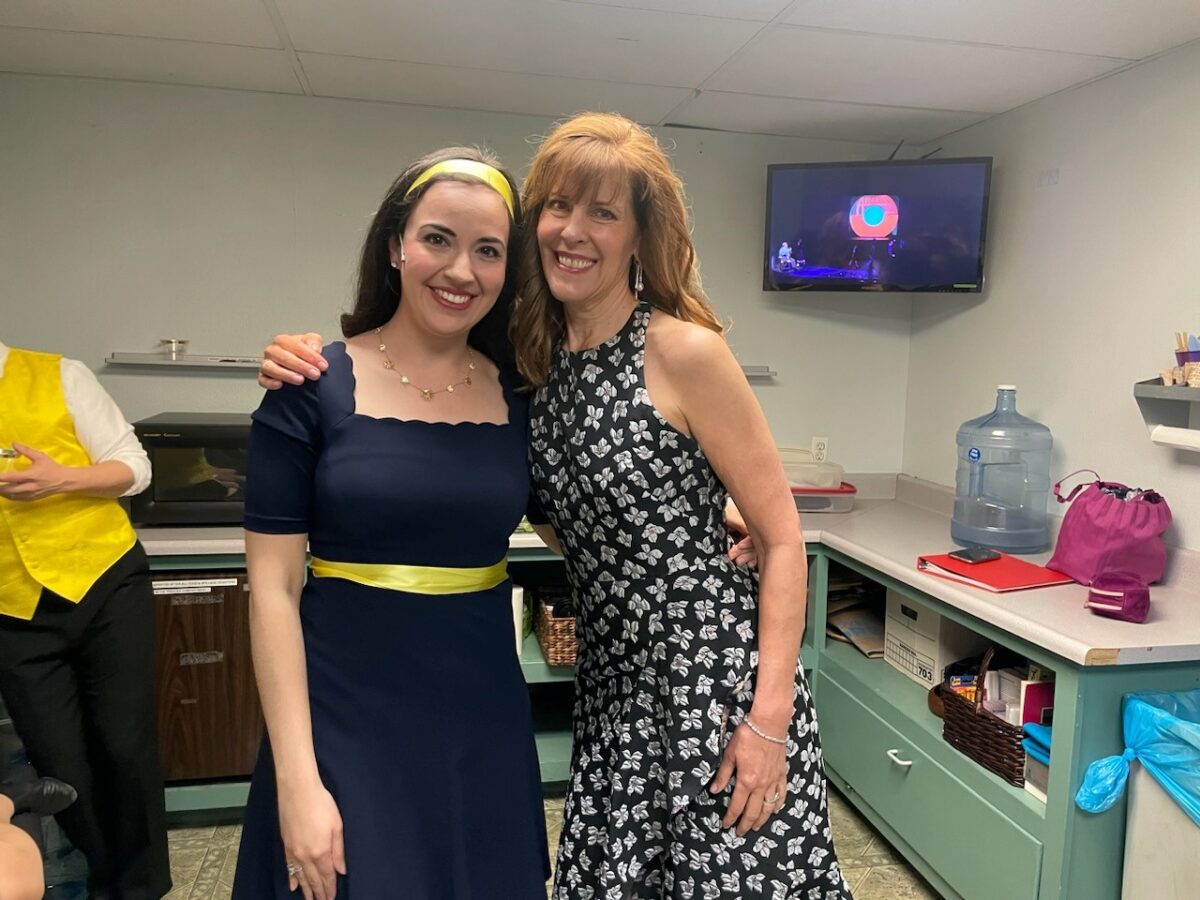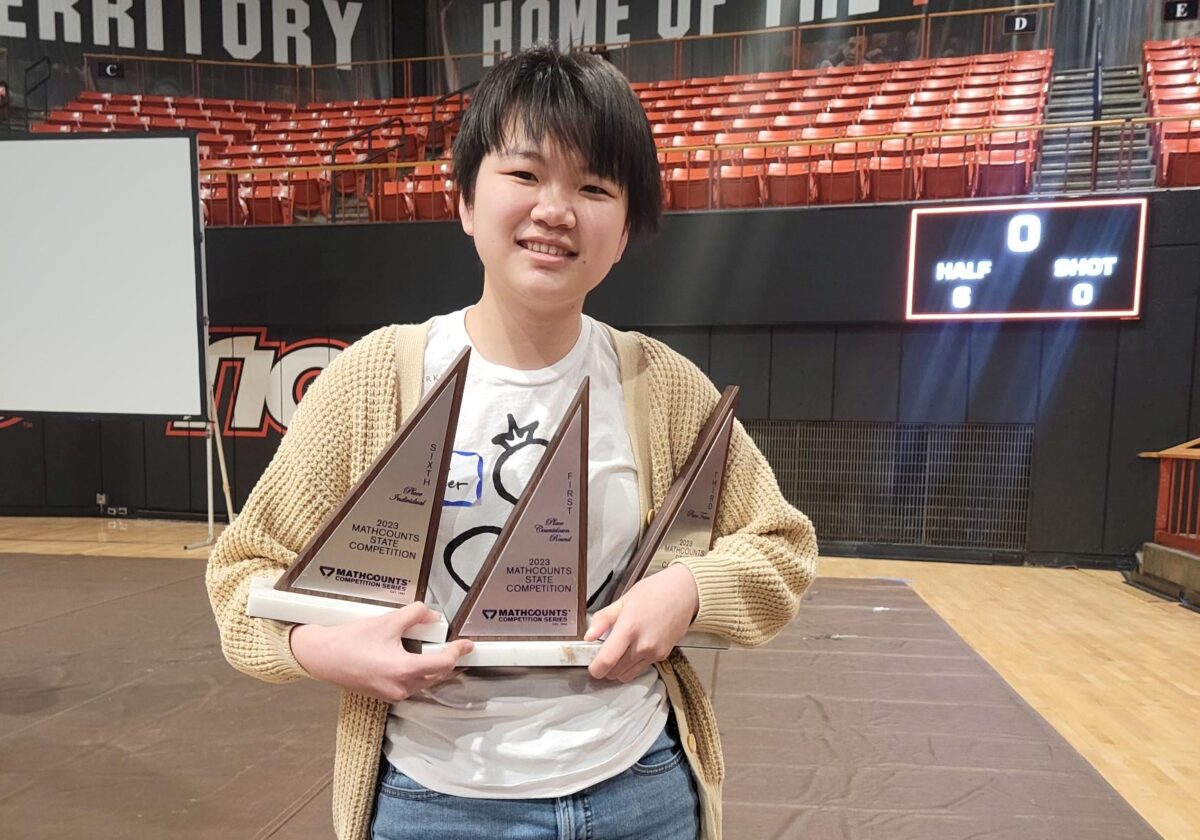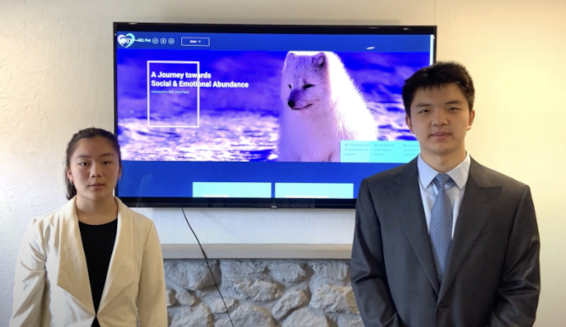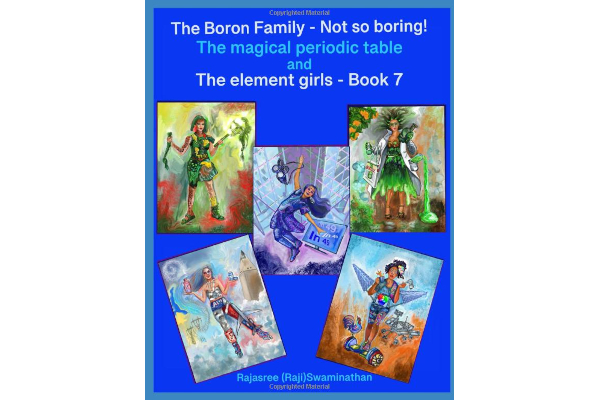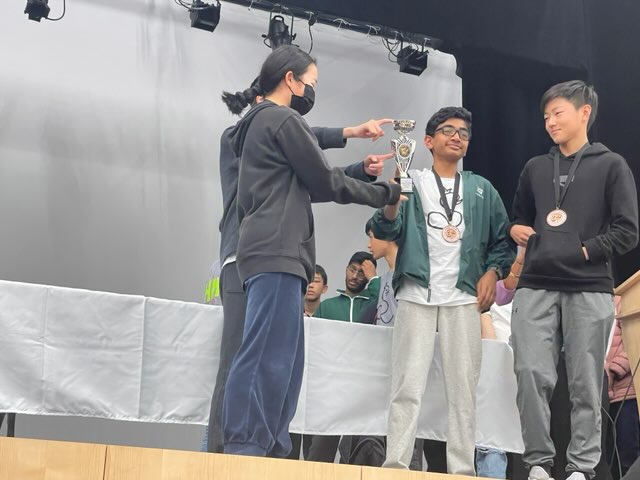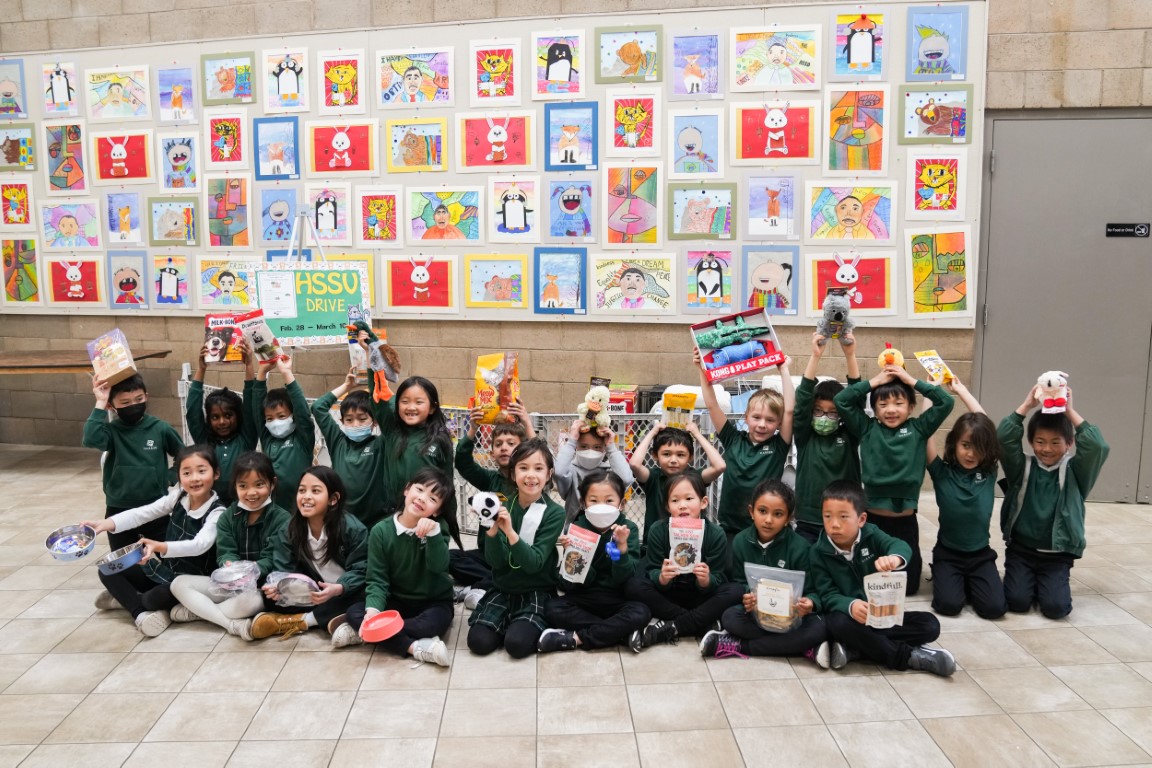The 17th Harker Research Symposium on April 15 brought hundreds from the Harker community to the upper school campus to view student research, hear from fascinating speakers, explore a variety of booths and exhibits and more.
express
Five students recognized in spring National Student Media Contest
Five Harker students were awarded in the Journalism Education’s spring 2023 National Student Media Contest.
Performing arts chair and alum catch up at South Bay Musical Theatre celebration
Laura Lang-Ree, Harker performing arts chair, and Ann Luceña ’04 (Harker middle school ’00) appeared on Saturday at South Bay Musical Theatre’s 60th anniversary celebration, “Welcome to the Sixties.”
Middle school mathletes perform well at state MathCounts competition
Harker students earned both team and individual recognition at the state MathCounts competition on March 25.
Students win Project of the Year at California Science and Engineering Fair
Alec Zhang, grade 11, and Jingjing Liang, grade 9, were recently awarded Project of the Year in the senior division at the California Science and Engineering Fair.
Middle school science teacher publishes newest entry in “Magical Periodic Table” series
The latest book from middle school science teacher Raji Swaminathan will be available as a free download for all for one day only on April 14.
22nd Diana Nichols Math Invitational attracts 380 students
The 22nd Annual Diana Nichols Harker Math Invitational for grades 6 to 8, held March 18 was a highly successful event with 18 schools and about 380 contestants taking part in the individual and team contests.
Alum’s plant-based product company highlighted in Forbes feature
Tara Chandra ‘06’s company, Here We Flo, was one of three women-run companies featured.
2023 Near and Mitra salons explore wide range of historical topics
Last week, the scholars of this year’s John Near & Mitra Family Scholar Grant Program conducted salons via Zoom discussing the results of the several months’ worth of research they had carried out in the topics of their choice.
Grade 1 donation drive delivers hundreds of goods to animals in need
First graders sent more than 500 items and more than $300 to the Humane Society Silicon Valley to cap off their annual donation drive.
